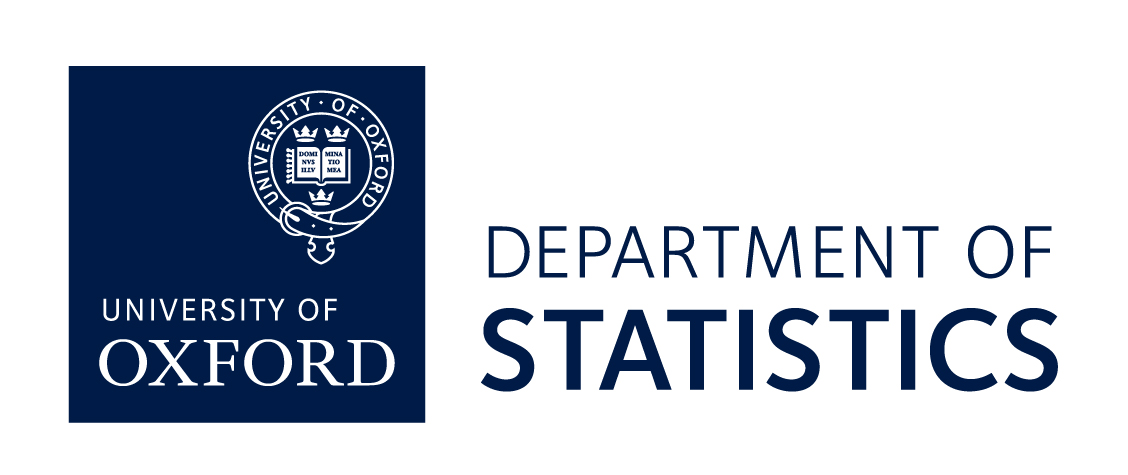Breadcrumb
Corcoran Memorial Lecture 2022
About
The Corcoran Memorial lectures are named in memory of Stephen Corcoran who was a graduate student in the Department of Statistics until his death in 1996. Stephen was a student of Wadham College, Oxford and graduated First Class Honours in Mathematics in 1991. He subsequently gained a Diploma in Mathematical Statistics from Cambridge University before returning to Oxford to study for a DPhil in Statistics.
Stephen’s research was in the field of empirical likelihood. He made substantial progress in this work but sadly his thesis remained unfinished at the time of his death from cancer. Part of Stephen’s uncompleted thesis was edited by Professor A. C. Davison and published in Biometrika (1998, pages 967-972).
A family bequest has established an annual lecture in honour of Stephen in which distinguished guest lecturers are invited to deliver a lecture on important aspects of their work. In addition, the Corcoran Memorial Prize is awarded every two years to students of the Department of Statistics for outstanding graduate work. The prizewinners are also invited to give a lecture.
From population to person: Counterfactual risk prediction
(A recording of the Corcoran Memorial Lecture 2022 is now available at the bottom of this page.)
Clinical risk prediction models enable predictions of a person’s risk of an outcome (e.g. mortality) given their observed characteristics. It is often of interest to use risk predictions to inform whether a person should initiate a particular treatment. However, when standard clinical prediction models are developed in a population in which patients follow a mix of treatment strategies, they are unsuitable for informing treatment decisions. Counterfactual risk predictions aim to address this problem - they are estimates of what a person’s risk would be if they were to follow a particular treatment strategy, given their individual characteristics that are also predictive of the outcome.
Causal inference methods typically focus on estimating population average treatment effects. In this talk I will discuss how causal inference methods can be used for individual counterfactual risk prediction using longitudinal observational data on treatment use, patient characteristics and a time-to-event outcome. An essential step in development and reporting of prediction models is to validate their performance. I will discuss the challenges of this, and describe some new methods for assessing the predictive performance of counterfactual risk prediction.
In a motivating example, we are interested in counterfactual risk predictions for mortality in patients awaiting a liver transplant under the strategies of receiving or not receiving a transplant. I will illustrate the methods using data from the US Scientific Registry of Transplant Patients.
Bio
Ruth Keogh is a Professor of Biostatistics and Epidemiology in the Medical Statistics Department at London School of Hygiene & Tropical Medicine. Her research focuses on statistical methods for the analysis of observational data, and she works especially in causal inference methodology and methods for the analysis of time-to-event data. Other areas of interest include methods for handling measurement error and missing data, prediction modelling, and design and analysis of case-control studies. Ruth is involved in a number of areas of application in health research, with a particular focus on cystic fibrosis, and also including organ transplantation, Covid-19 and cancer. Her research is funded by a UK Research and Innovation Future Leaders Fellowship.



